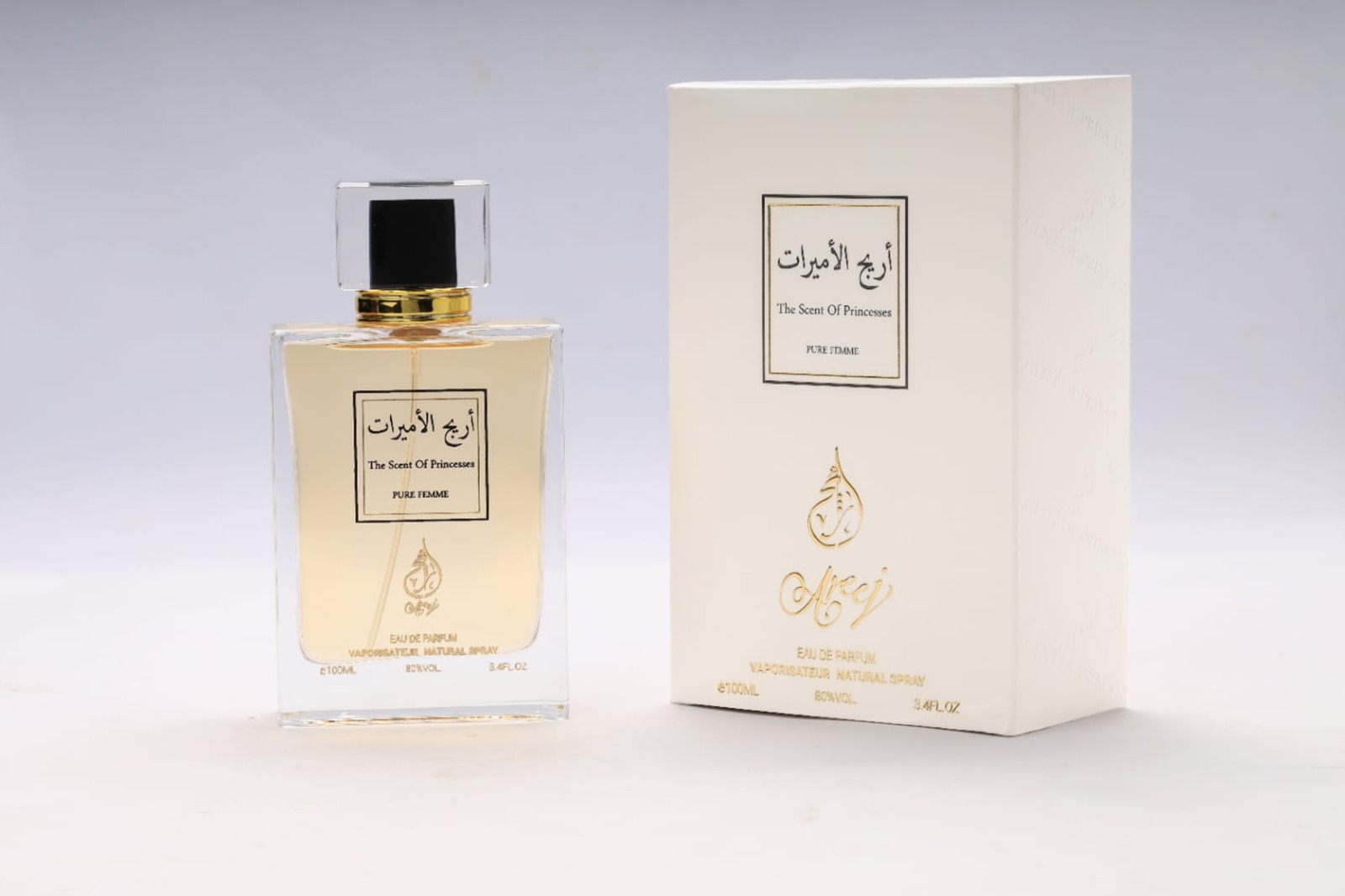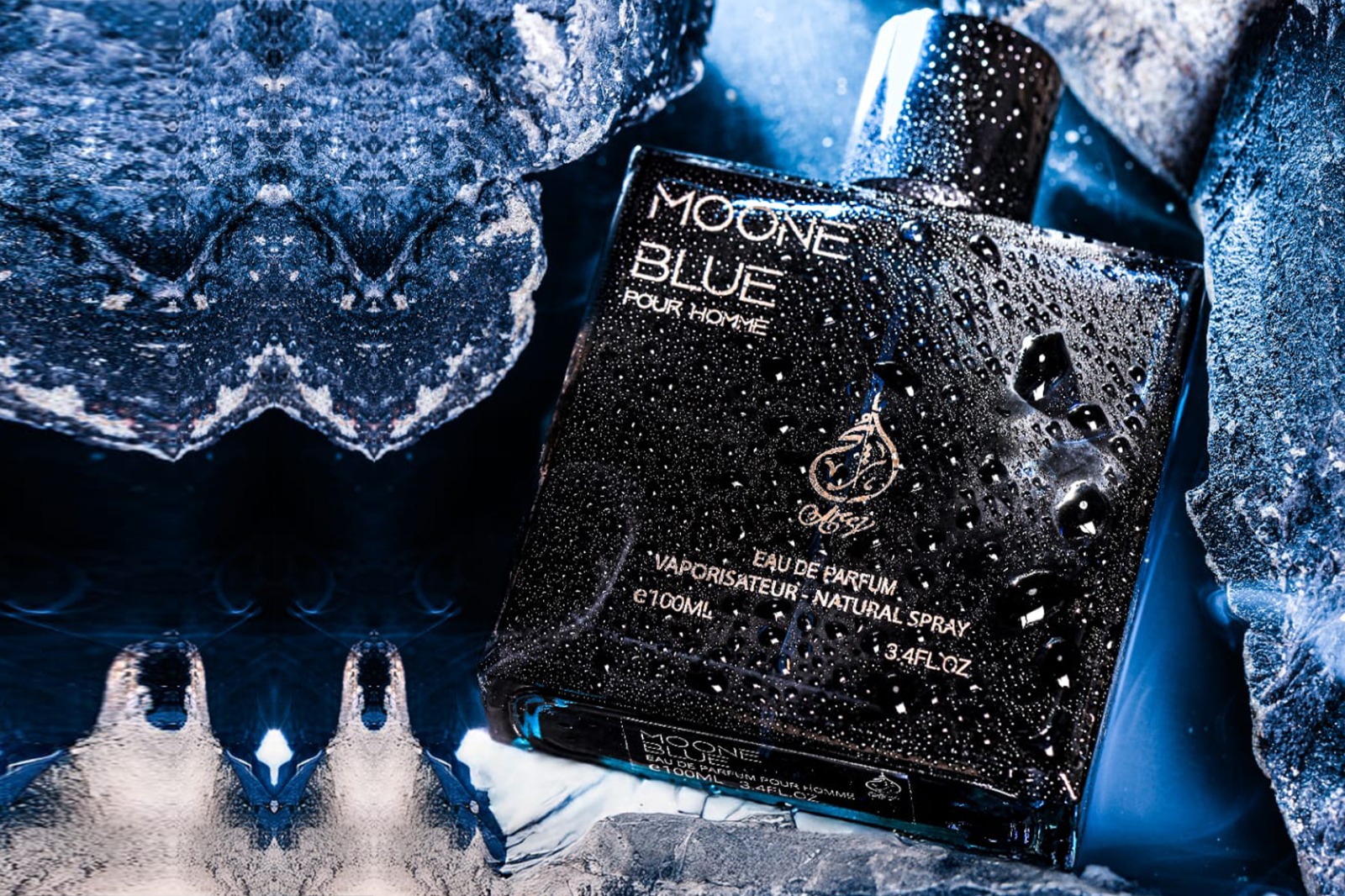
The connection between fragrance and the brain is a fascinating area of study. When we inhale a scent, it bypasses the rational parts of the brain and goes straight to the olfactory bulb, which connects to the amygdala and hippocampus — areas involved in emotion and memory. This is why smells can trigger intense emotional responses or vivid memories.
Perfumes are composed of volatile molecules that evaporate and reach our olfactory receptors. Different notes — top, middle, and base — evaporate at different rates, creating the evolving structure of a fragrance. Scientists also study how scents influence mood, cognition, and behavior. For example, lavender is known for its calming properties, while citrus notes can be energizing.
Understanding the science behind scent helps us appreciate the complexity and power of perfume beyond its surface appeal.




